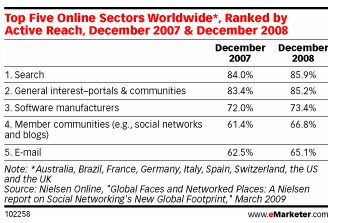Internet shopping is in chaos: is it the end of online retail?
Internet shopping is in a right old mess at the moment. Online retailers are being battered by conflicting information and a stunning court decision made today which could see the very existence of many Internet shops threatened. This week, retailers were warming to the news that people were planning to …

